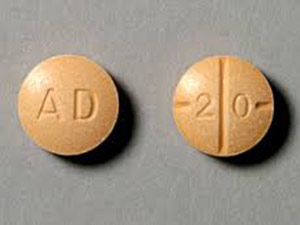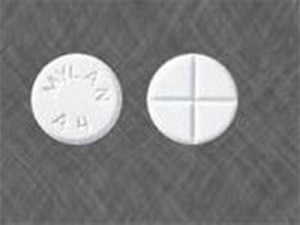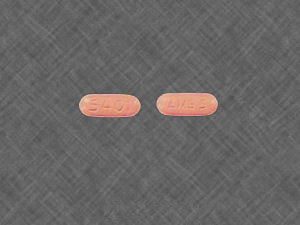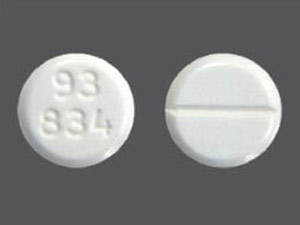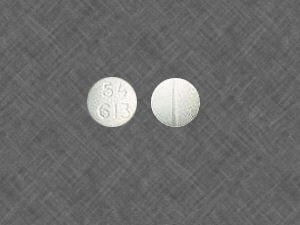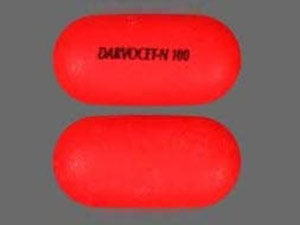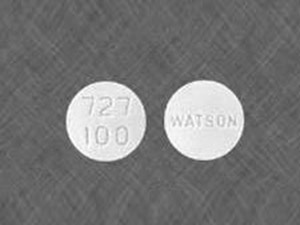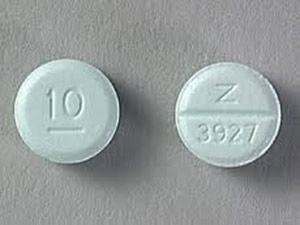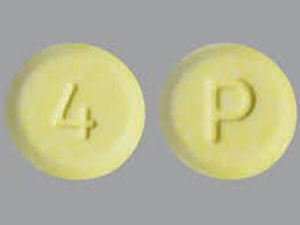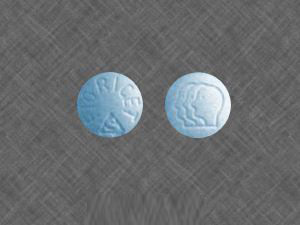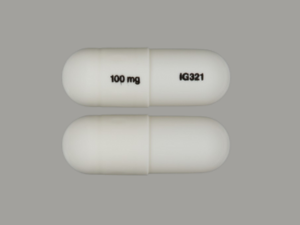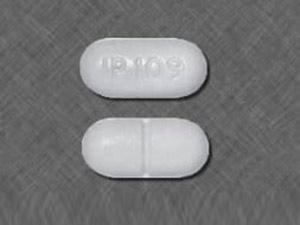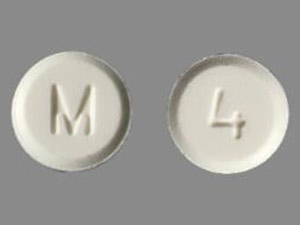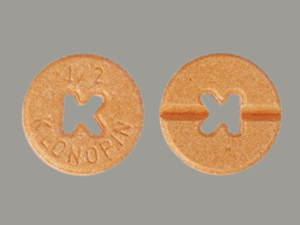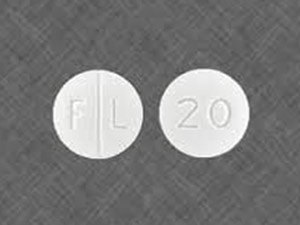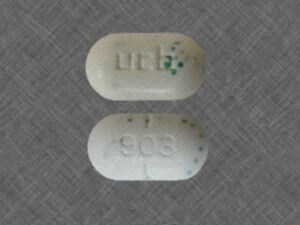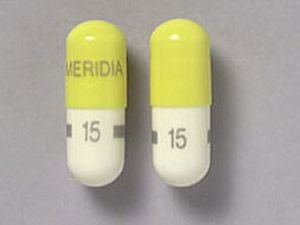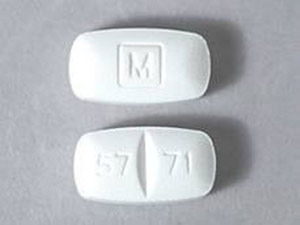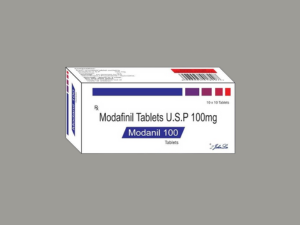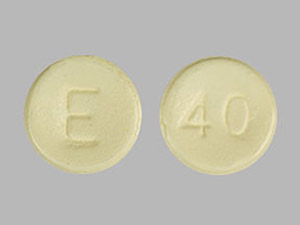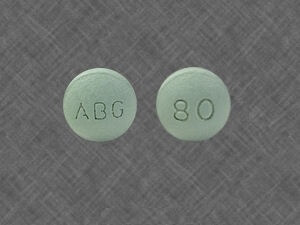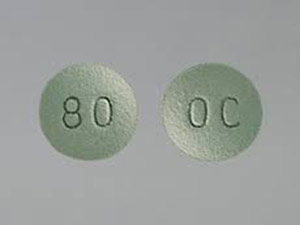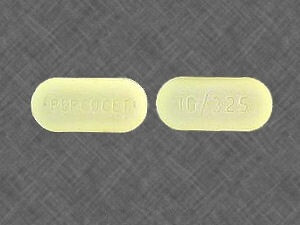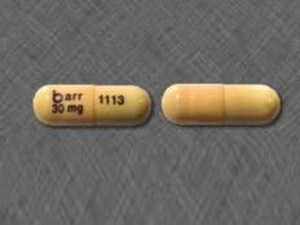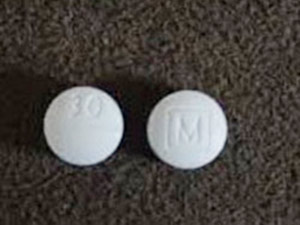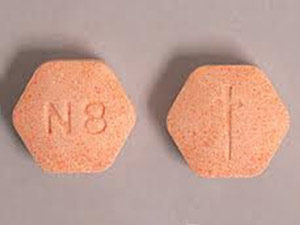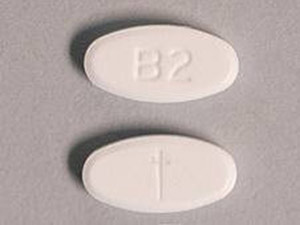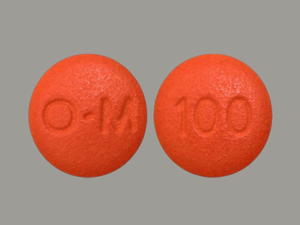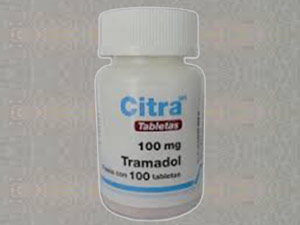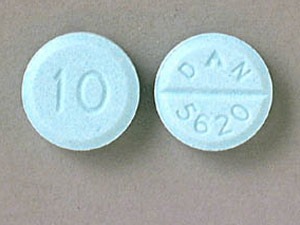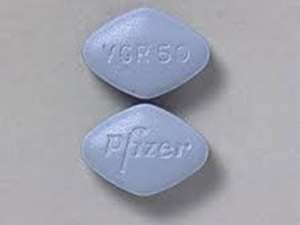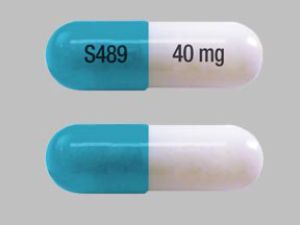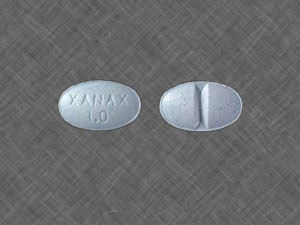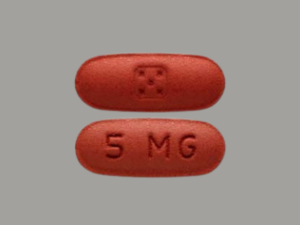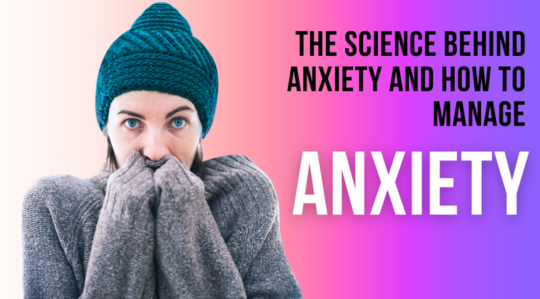
The Science Behind Anxiety and How to Manage
Overview
Anxiety is a complex and diverse psychological experience that arises from a combination of psychological, biological, and environmental factors. It’s a normal reaction to anxiety and potential threats, but when it gets out of control or becomes chronic, it can seriously affect a person’s health and quality of life. Understanding the science behind anxiety and learning effective management techniques is essential for people dealing with anxiety and those supporting them.
Types of anxiety disorders
- Panic disorder
- Generalized anxiety disorder
- Agoraphobia
- Social anxiety disorder
- Post Traumatic Stress Disorder
- OCD or obsessive-compulsive disorder
Reasons for anxiety
Here are a few of the critical reasons for anxiety:
Biological Factors:
Genetics: A family history of a genetic predisposition or an anxiety disorder may raise the likelihood of experiencing anxiety.
Neurotransmitter Imbalances: Increased anxiety may result from abnormalities in neurotransmitters such as serotonin, norepinephrine, and GABA.
Brain Structure: The amygdala and prefrontal cortex, two brain regions involved in emotion management and processing, can exhibit abnormalities.
Psychological Factors:
Negative Thought Patterns: Anxiety can be fueled by persistently pessimistic thinking, catastrophizing, and irrational ideas.
Past Trauma: The development of post-traumatic stress disorder (PTSD) or other anxiety disorders can result from experiencing or witnessing traumatic situations.
Perfectionism: Anxiety in different aspects of life can be exacerbated by unrealistic standards and failure-related fear.
Low self-esteem: Negative self-image and lack of self-confidence may contribute to chronic anxiety symptoms.
Environmental Factors:
Severe life changes like job loss, divorce, or moving may trigger anxiety.
Childhood Environment: Early life experiences, including abuse, inconsistent parenting, and neglect, may shape one’s vulnerability to anxiety symptoms.
Substance abuse; Drugs, alcoholic beverages, and even caffeine may trigger anxiety symptoms.
Chronic stress; Chronic anxiety can result from ongoing stress exposure without efficient coping strategies.
Biological Responses:
Fight or Flight Response: Stress hormones are naturally released by the body in response to perceived dangers, and these hormones can cause anxiety-related physical symptoms.
Hypervigilance: A continual state of concern and anxiety might result from being on high alert for prospective threats.
Cognitive Factors:
Cognitive Biases: Biases that increase anxiety include selective attention to prospective risks and evaluating ambiguous circumstances as dangerous.
Catastrophizing: Exaggerating the likelihood of adverse outcomes in the circumstances might make people feel more anxious.
Learned Behavior:
Avoidance: Avoiding circumstances that trigger anxiety may provide temporary relief but reinforces fear in the long term.
Observational Learning: Anxiety might emerge from modeling anxious behavior after observing it in family members or classmates.
What is the treatment for anxiety?
Psychotherapy and pharmaceutical use are the two basic approaches for treating anxiety disorders. You can benefit most from these combinations. It can take a few trials to discover which treatment suits you.
Psychotherapy
Psychotherapy, also referred to as psychological counseling or talk therapy, entails working with a therapist to lessen your sensations of anxiety. It can be a successful treatment for anxiety.
For treating anxiety problems, cognitive behavioral therapy (CBT) is the most effective type of psychotherapy. CBT, typically a short-term treatment, focuses on teaching you particular techniques to reduce your symptoms and eventually resume the things you’ve avoided due to anxiety.
In exposure treatment, a component of CBT, you progressively come into contact with the thing or circumstance that makes you anxious, so you may gain confidence in your ability to handle the case and your anxiety symptoms.
Medications
Depending on your type of anxiety problem and whether you also have other physical or mental health conditions, several types of drugs can help with symptoms. For instance:
- Specific antidepressants are also helpful in treating anxiety disorders
- An anti-anxiety medication known as buspirone can be prescribed.
- Under some conditions, your doctor may also give beta blockers or sedatives, often known as benzodiazepines. These drugs are not meant to be taken long-term; they are only meant to relieve anxiety symptoms temporarily.
Consult with your healthcare expert about the risks, benefits, and potential adverse reactions of drugs.
Lifestyle and home remedies
Although the majority of individuals with anxiety issues require medicine or psychotherapy to lower their anxiety, a person’s lifestyle may also make a difference. What you can do is: Keep physically active; Make a schedule that will enable you to exercise most days of the week. Exercise is one of the most effective stress relievers.
It can make you feel better and maintain your overall health. You should begin cautiously and progressively up the quantity and intensity of your exercise. Avoid recreational drugs and alcohol; These substances may cause or worsen anxiety symptoms. Visit your doctor or look for a support group if you cannot quit on your own.
Quit drinking caffeine or smoking.
Both caffeine and nicotine may worsen anxiety. This is why you should quit them.
Use relaxation and stress management techniques; Meditation, visualization techniques, and yoga are examples of relaxation techniques that may ease anxiety.
Make sleep a priority.
You should make every effort to ensure you receive proper sleep to feel rested. Consult your healthcare expert if you are having trouble sleeping.
Eat healthily
Healthy eating- such as focusing on fruits, vegetables, grains, and sea foods, can be linked to reduced anxiety, but more research is required.
Alternative medicine
Numerous herbal treatments have been studied as anxiety treatments, but more research is required to grasp the risks and advantages fully. Dietary and herbal supplements aren’t monitored by the FDA the same way drugs are. The quality and safety of what you receive cannot always be guaranteed. Few of these supplements may interact dangerously with prescription drugs or create interactions.
Coping and support
Learn about your disorder; Consult your physician or a mental health professional. Discover the potential causes of your particular ailment and the possible therapies that would work the best for you. Invite your close ones and friends, and solicit their assistance.
Stick to your treatment plan; Take medicines as instructed by your healthcare expert. Remain on time for your treatment sessions and finish any assignment your therapist may set. Consistency may significantly impact your results, mainly when it comes to taking your prescription.
Join an anxiety support group; Do not forget that you are not alone. Support groups provide empathy, comprehension, and the ability to share experiences. The Anxiety and Depression Association of the USA and The National Alliance on Mental Illness provide details on finding support.
Learn time management techniques; carefully allocating your time and energy can lessen anxiety.
Break the cycle; You may take a brisk walk or engage in a pastime to divert your attention from your troubles when you’re anxious.
Conclusion
I hope you have learned many crucial facts about anxiety. You can make your life better when you follow the treatments mentioned above. You may also try medications to manage your anxiety effectively. As mentioned, you should consult with your healthcare expert before starting any medicines for anxiety. They may better suggest the medication and proper dose after examining your condition closely.

